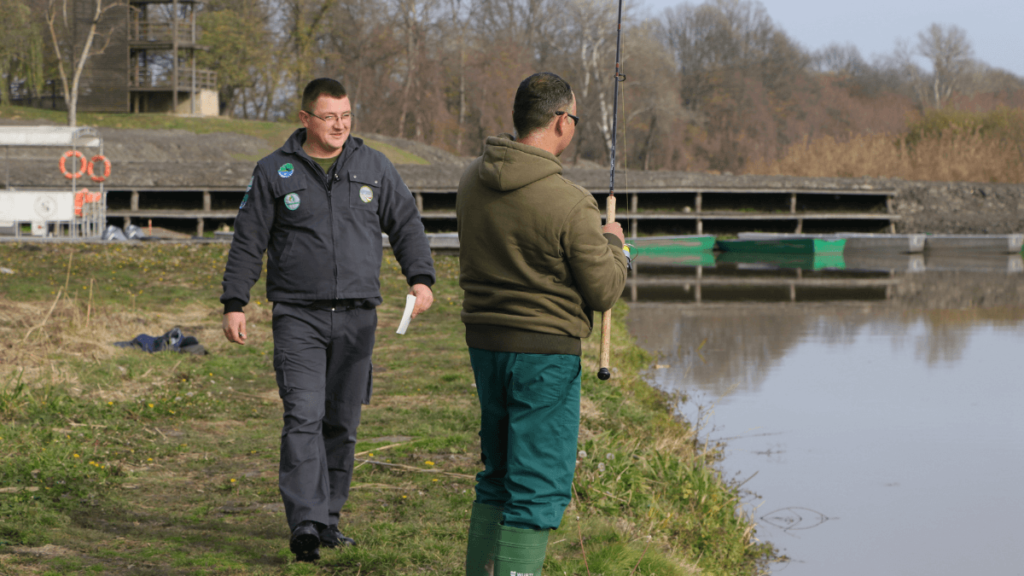As adviser for nature protection for the Government of Vojvodina in Serbia, Lorand Vigh is closely involved in the management of protected areas of the province, but also in the improvement of status and work efficiency of rangers across the country. As one of the founders of the Ranger Association of Vojvodina and Serbia he has been engaged in the overarching goal of the association from the very beginning: networking.
In this episode of our interview series about Europe’s national ranger associations, he tells us why learning from and supporting each other at national and international level is so important for Serbia’s rangers, their role and the challenges they face.
Lorand, the Ranger Association of Vojvodina and Serbia only recently joined the network of the International and thus the European Ranger Federation. Can you give us a brief overview of how the rangers of Serbia work?
Besides the international network via IRF and ERF, we cooperate with state and provincial authorities, other organizations responsible for nature protection as well as with a large number of protected area managers in Serbia and in Hungary. The Serbian ranger’s rights and obligations are defined by the Law on Nature Protection, according to which he has the status of an official. Protected area managers are obliged to ensure that at least one ranger controls an area of up to 3000 hectares. Although this requirement is met in most protected areas, one ranger is not enough to perform adequate surveillance over the entire area and for a long period of time during the day. Therefore it is really necessary to increase their number or include volunteer rangers who would significantly contribute to the efficiency of the ranger’s work.
How many rangers work in Serbia and what are their tasks?
In Vojvodina, an autonomous province that extends over the northernmost part of Serbia, on an area of about 143,000 hectares in 29 protected areas, 83 rangers perform their official duties. There is no information about the total number of rangers in whole Serbia, but it is known that since 2015, when the professional exam for rangers was organized for the first time, a total of 492 rangers have passed the exam so far. Their duties are manifold, from direct supervision and law enforcement in protected areas, acting during emergency response, firefighting, monitoring the movements and activities of visitors, monitoring and research plant and animal species, providing assistance and cooperation with the local community, land users, other ranger services, security authorities. And their role is extremely important for the effective “physical” protection of a protected area. Given the wide range of rights and duties, as well as the complexity of the work of a ranger, appropriate abilities and skills are required from them.
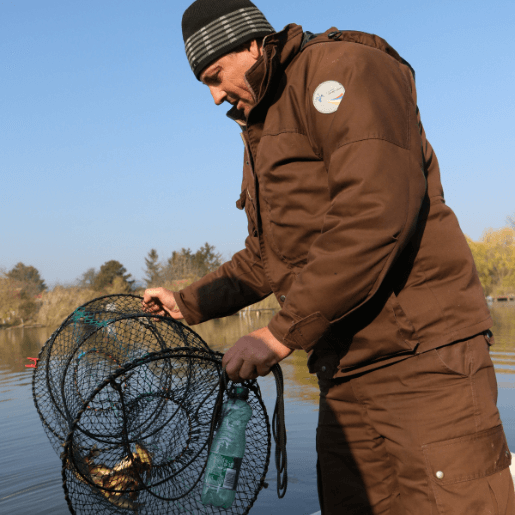
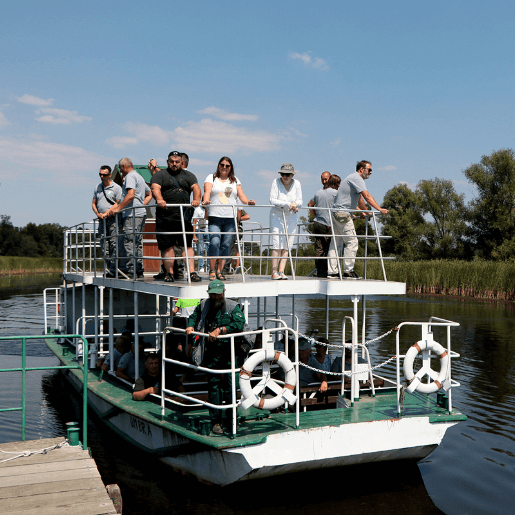
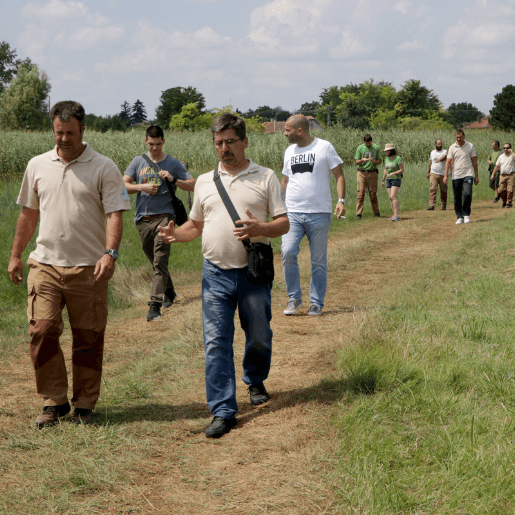
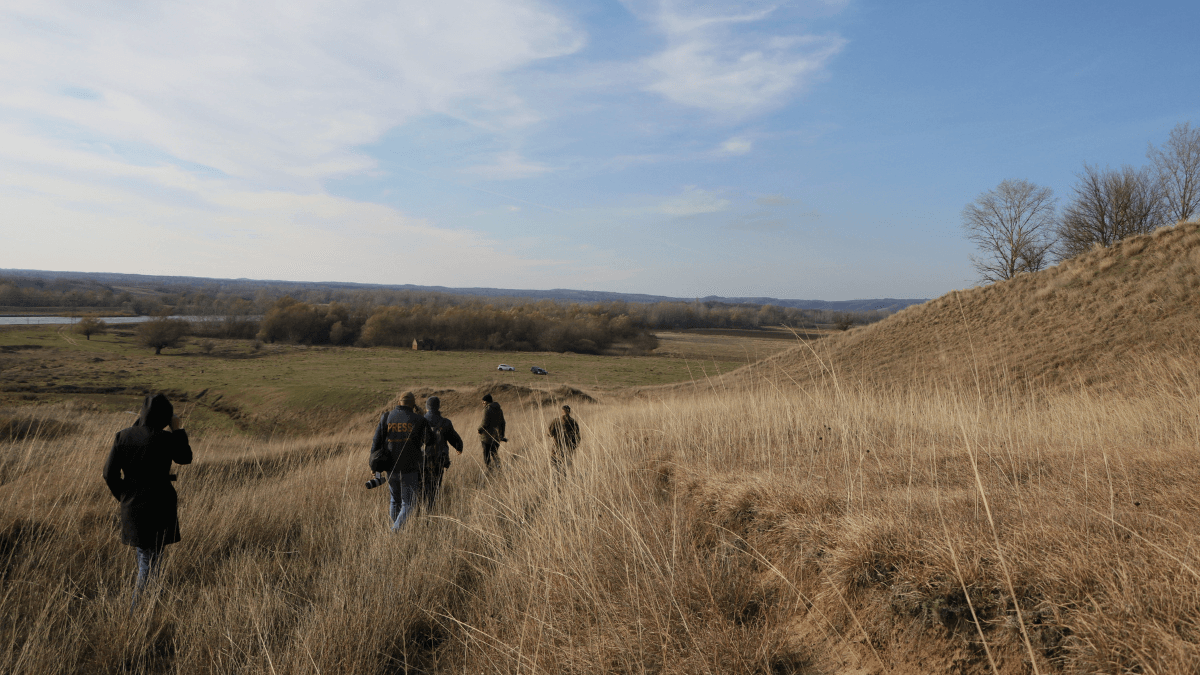
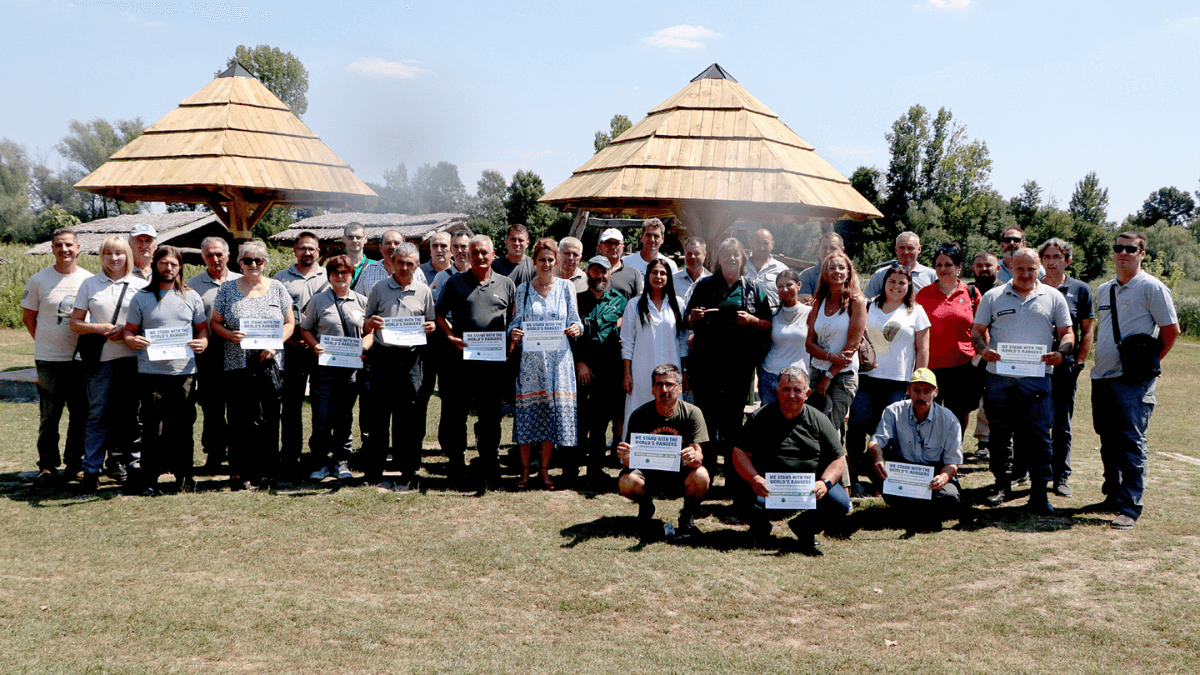
How is the work of the rangers perceived and supported by the public and politics?
According to the results of a study on the condition of rangers in several European countries, which was carried out in most protected areas in Serbia from 2020 to 2021, the role of guards unfortunately is not sufficiently recognized and appreciated to the extent it deserves, bearing in mind their invaluable work to preserve the natural values. Although they have the status of an official, they are often marginalized, especially in cases of performing official duties in economic offences or criminal acts. Also rangers were not provided with adequate professional training, adequate material and often moral support from the management of the protected areas they work at, but also from state authorities and organizations dealing with nature protection.
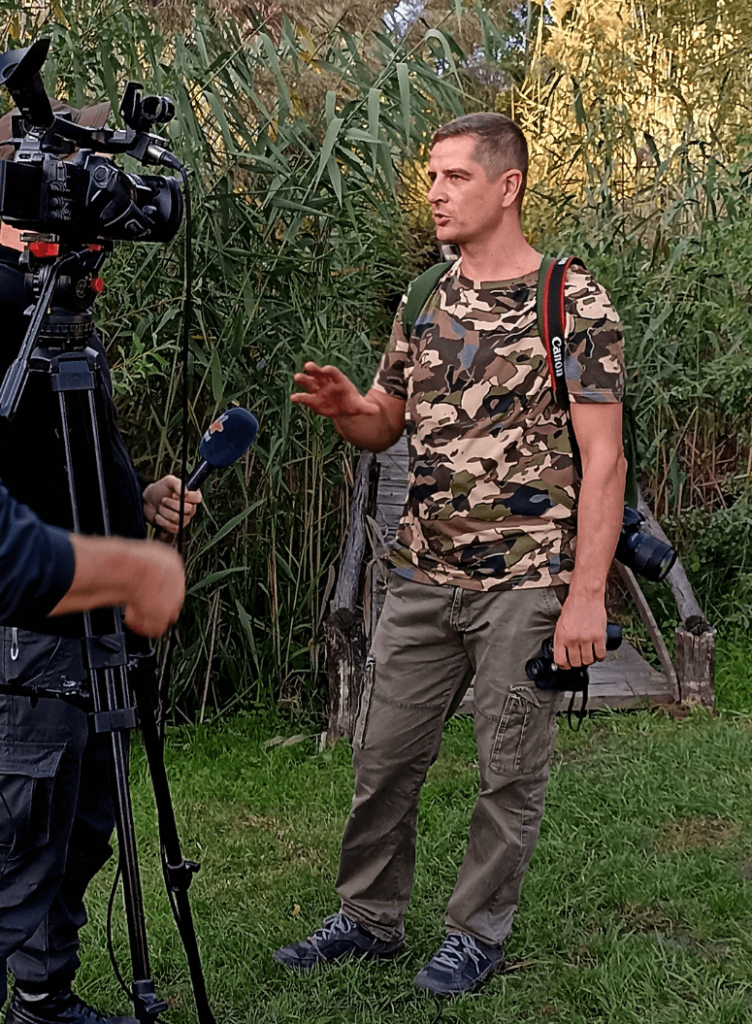
“The role of rangers unfortunately is not sufficiently recognized and appreciated to the extent it deserves.”
Lorand Vigh, adviser for nature protection for the Government of Vojvodina, Serbia
There are no organized trainings to develop their knowledge and skills at national level. This is a big problem: Only rangers with the appropriate level of expertise and developed skills can recognize negative processes and activities in nature and act accordingly. Adequate equipment is also necessary, as well as close cooperation with the inspection and security authorities in order to prevent all activities that damage natural values, disturb and injure protected species and stop the degradation of natural habitats, to name a few.
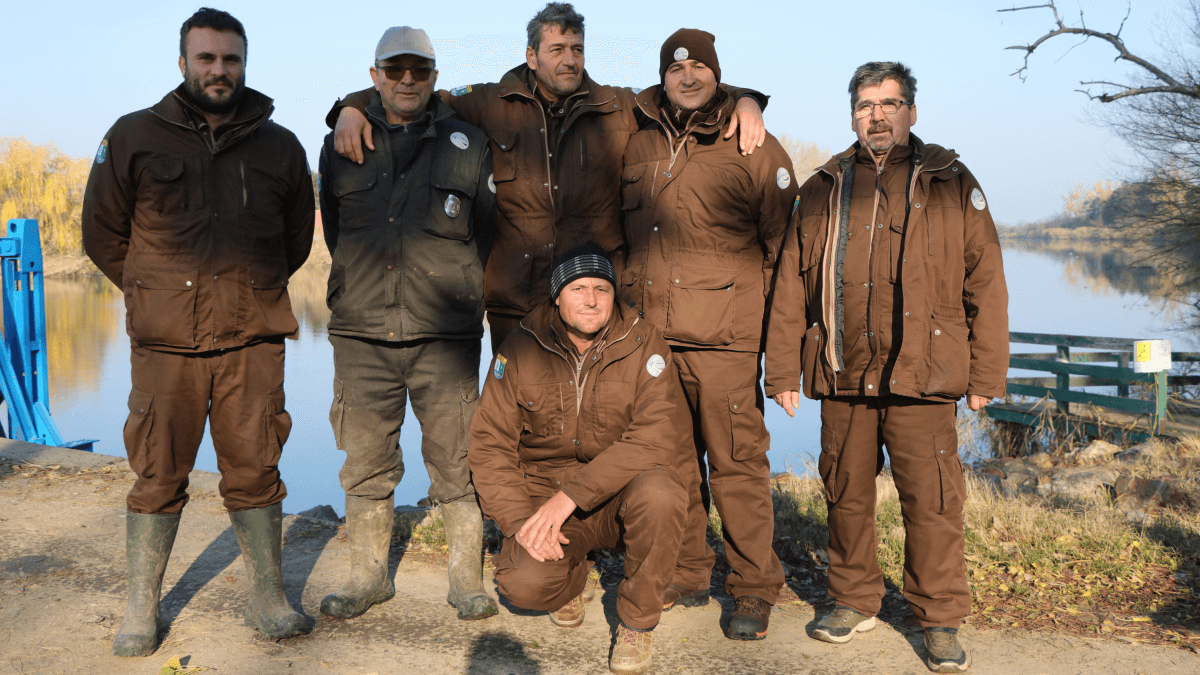
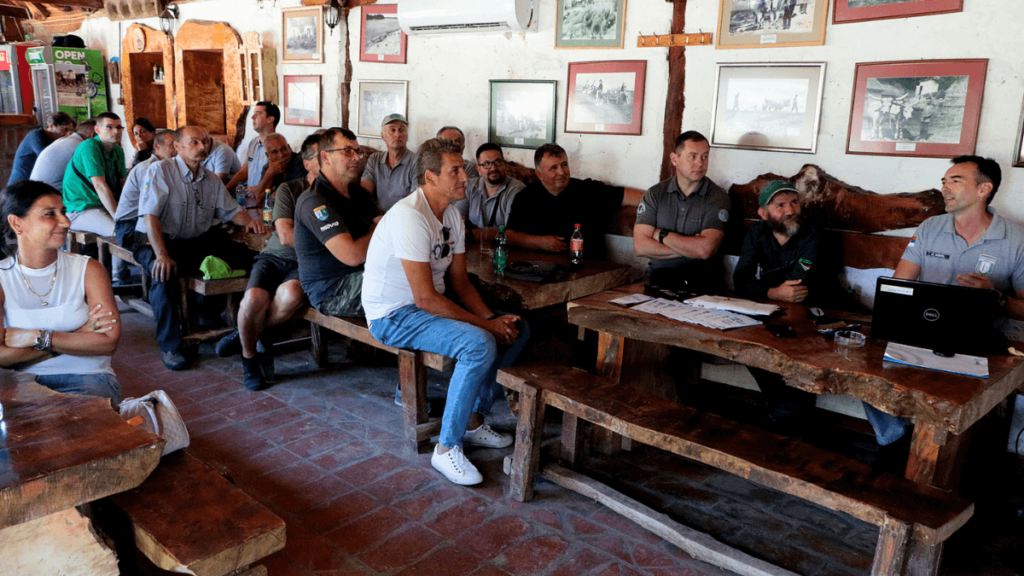
How do the rangers and your association deal with this marginalization?
Every seminar, conference and all other activities realized by our association aim to familiarize as many rangers as possible with the current situation, developing the work and cooperation of rangers at a national and international level. Direct conversation and gathering is important to share observations and experiences from the field, as well as to feel that each ranger is part of a global family of rangers fighting for the common goal of preserving the world’s natural heritage. However, this is not possible without the support of all relevant national state authorities and organizations, as well as strong partnerships within the international ranger network. One example for our aim of strengthening the cooperation of rangers is the project “Support to the rangers of the protected areas in Vojvodina”. Our association implemented it by the end of 2021, thanks to the financial support of the European Union. Its goal is to improve the work of regional rangers on nature conservation as well as raising public awareness for the importance of the work and role of rangers. As part of the project, we organized a seminar for rangers from Serbia and Hungary on cross-border cooperation, printed promotional material and produced the documentary „Rangers of Vojvodina“, showing the life and work of rangers in 14 protected areas in Vojvodina.

This content is sponsored by

